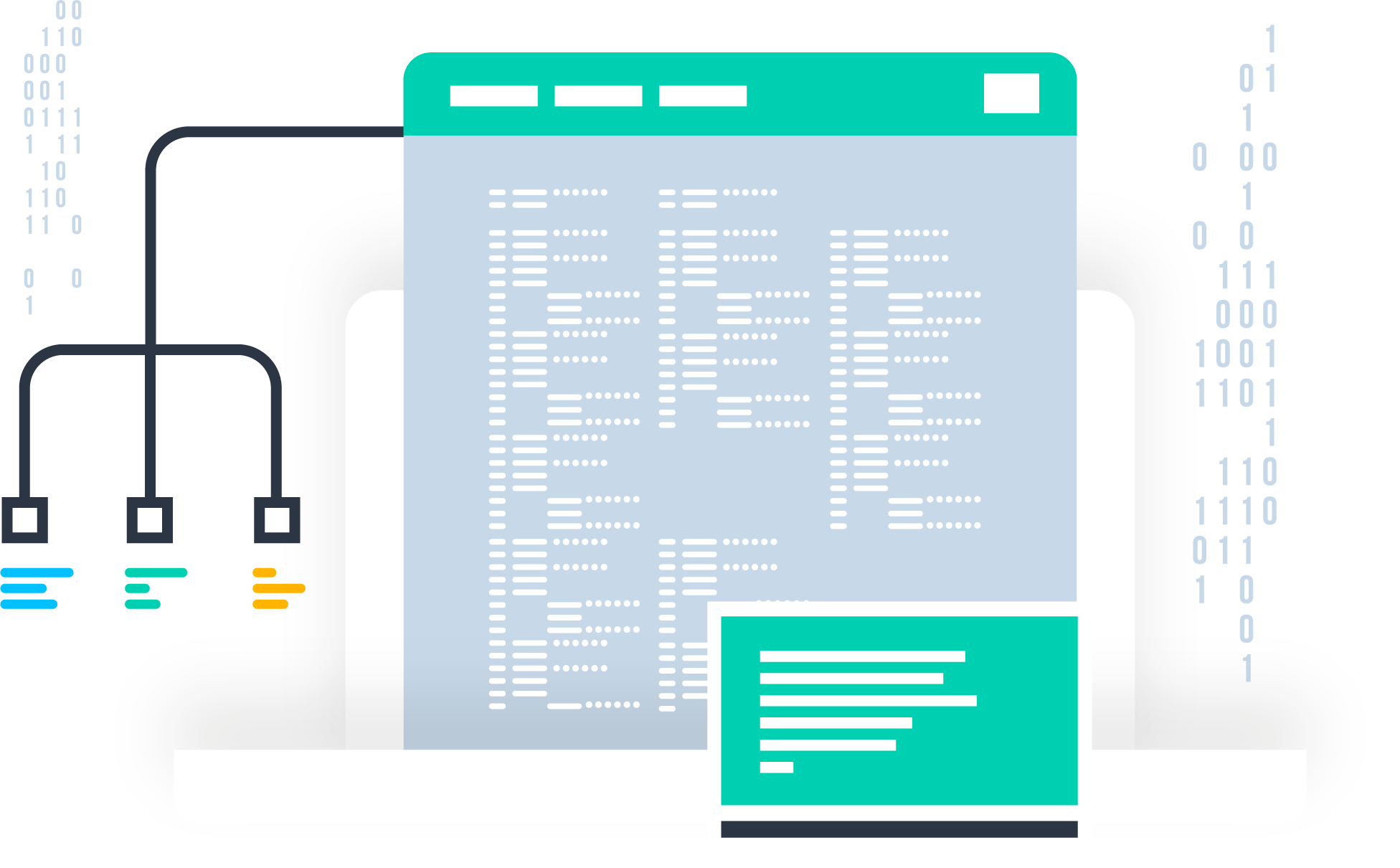Data Governance
Go beyond manual rules with automated custom dimensions that extract encoded details for deeper reporting insights at scale.


Taxonomy management, made for every stage of growth
Trusted by today’s top marketing teams
How it works
Ready for clean data and rich insights?
Clean data is data you can rely on
Future-proof your reporting infrastructure
Create, enforce, manage, and scale your taxonomy schemas with templates that define requirements and grow with your strategy and team.
Automate and customize reporting
Turn contextual schemas into governance codes that automate the creation of new reporting dimensions across any hierarchy. Manage codes to reflect strategy changes.
Custom Metadata Reporting
Build advanced, reliable reporting and LTV models from custom breakdowns. Drive growth with improved optimization decisions based on clean and standardized data.
Data Governance API
Query the API to pull taxonomy schemas and codes or quickly generate codes. Combine automation and enforcement with the flexibility of your in-house tools to unlock better insights at scale.
What is data governance in marketing?
- Traditional data governance is a process of standardization that ensures coherence across an organization.
- Marketers need data governance because all of their analytics tools must be able to read all of their creative names, campaign names, geo encoding, conversion outcomes, and any other metadata required for optimization and reporting in standardized ways. When that’s done, they will be able to provide actionable insights. Without that standardization, it’s next to impossible to slice and dice attribution, measurement, and delivery data to turn data into action.
- Taxonomy schemas create standardized naming conventions for campaign names and creative names. When creating a schema, you specify the type of data or that should be included in the campaign and/or creative name. Schemas are completely customizable and you can create as many of them as you want for different marketing needs.
- With Singular’s Data Governance tool, marketers can completely customize the data going into a given campaign or creative schema.
Governance codes are automatically generated when a new campaign or creative name is generated within Singular using one of your organization’s custom schemas. When codes are appended to campaign or creative names in network campaign and asset management dashboards, the codes are reported back to Singular and enable Singular to parse encoded information into new custom reporting dashboards based on the original taxonomy schema that was defined.
- Campaign and creative names can be powerful tools that can help marketers track performance with a lot of contextual information about the audience the campaign reached or was targeted to.
- When granular metadata is abbreviated or encoded into a campaign or creative name, the better the insights.
- Using standardized naming conventions allows an entire team to organize and decode information about a campaign or asset, but this can be difficult to enforce and manual to maintain without structure and best practices.
- Singular’s Data Governance allows marketers to automate this process, and enforce standardization by providing clear data schemas as guidelines that team members must follow in order to create campaign and creative names. Governance codes allow Singular to automatically parse encoded information into custom reporting dimensions in dashboard reporting, ETL, and codes can be shared via the API to meet further custom reporting needs.
Ready for a full view of your marketing performance?






